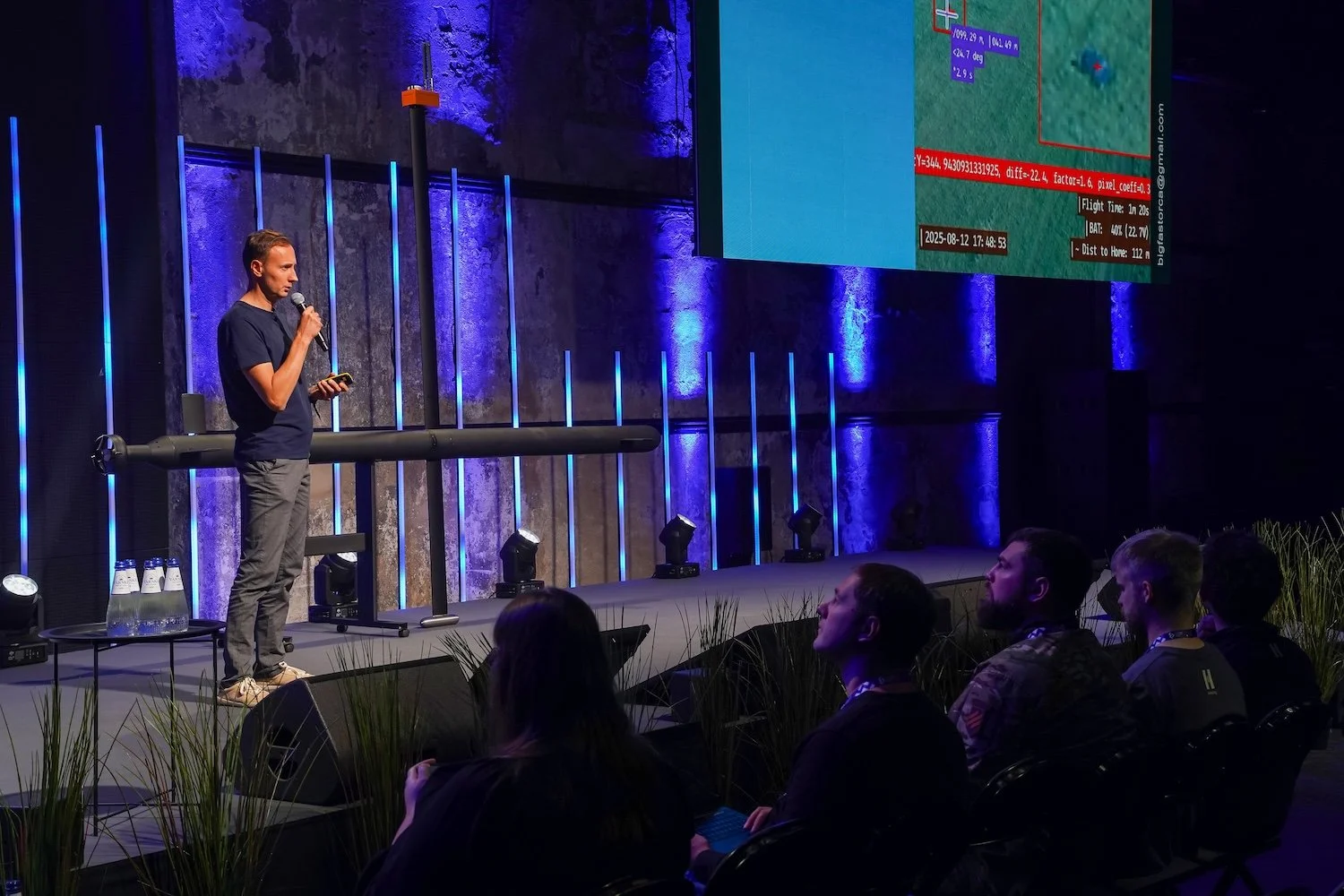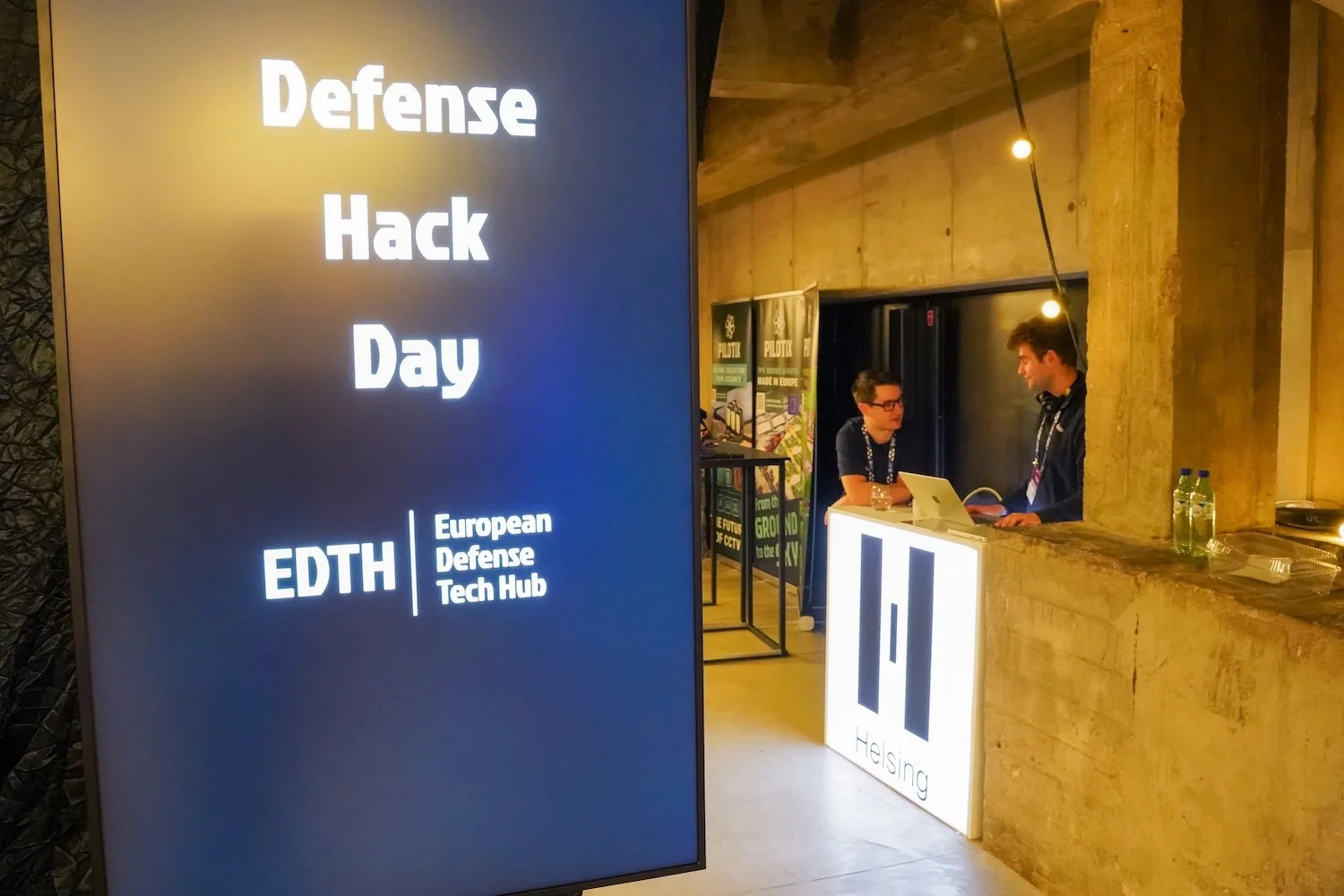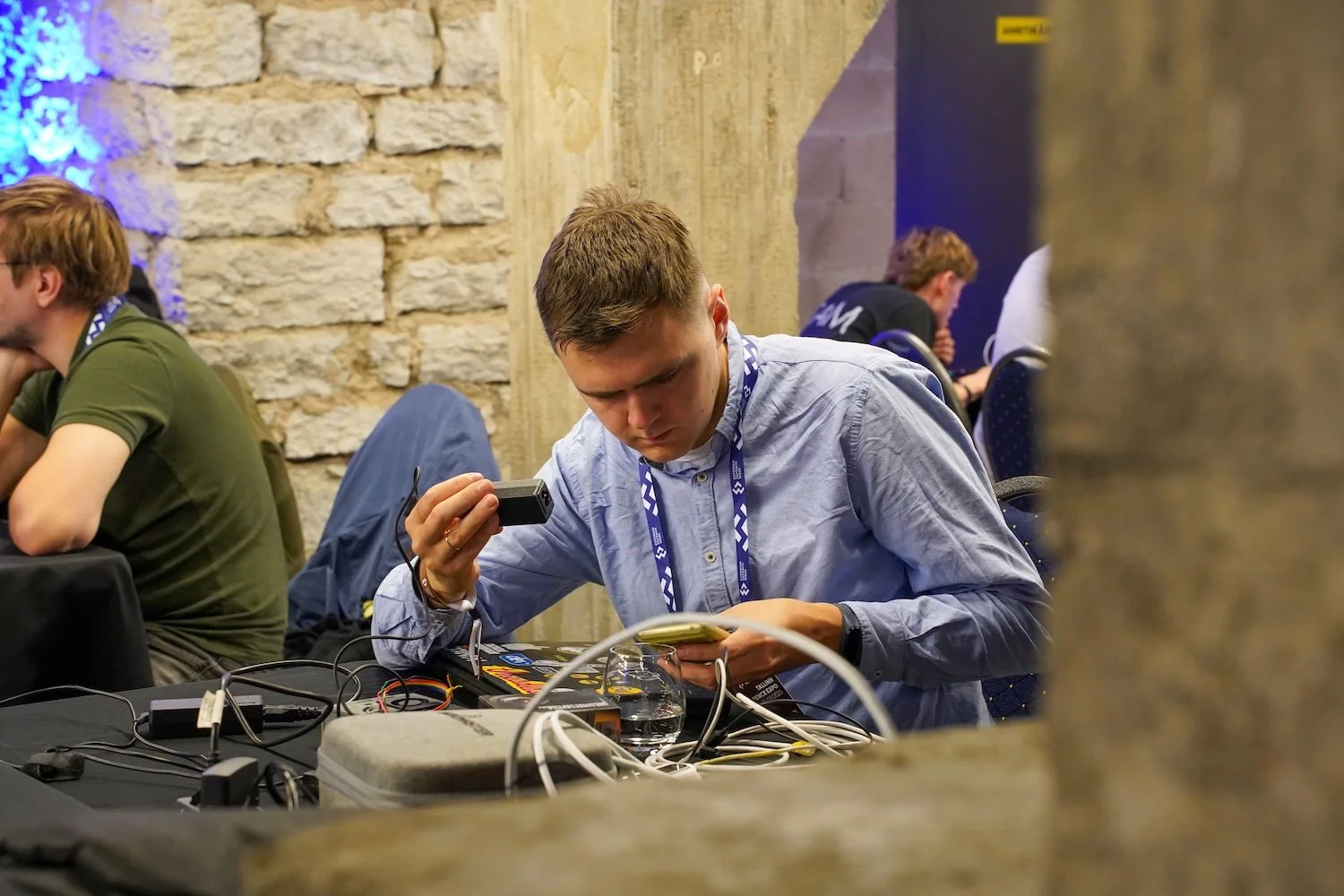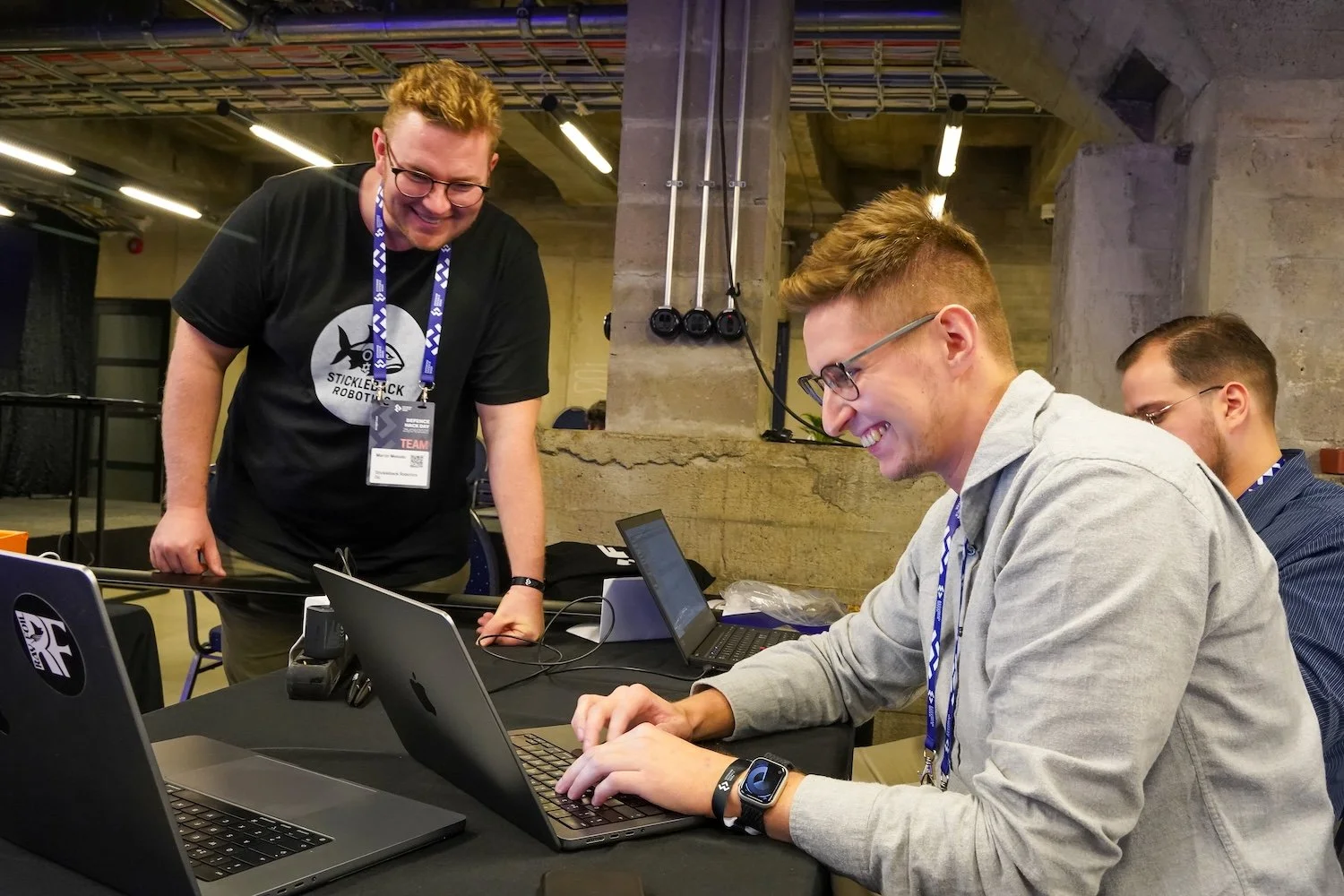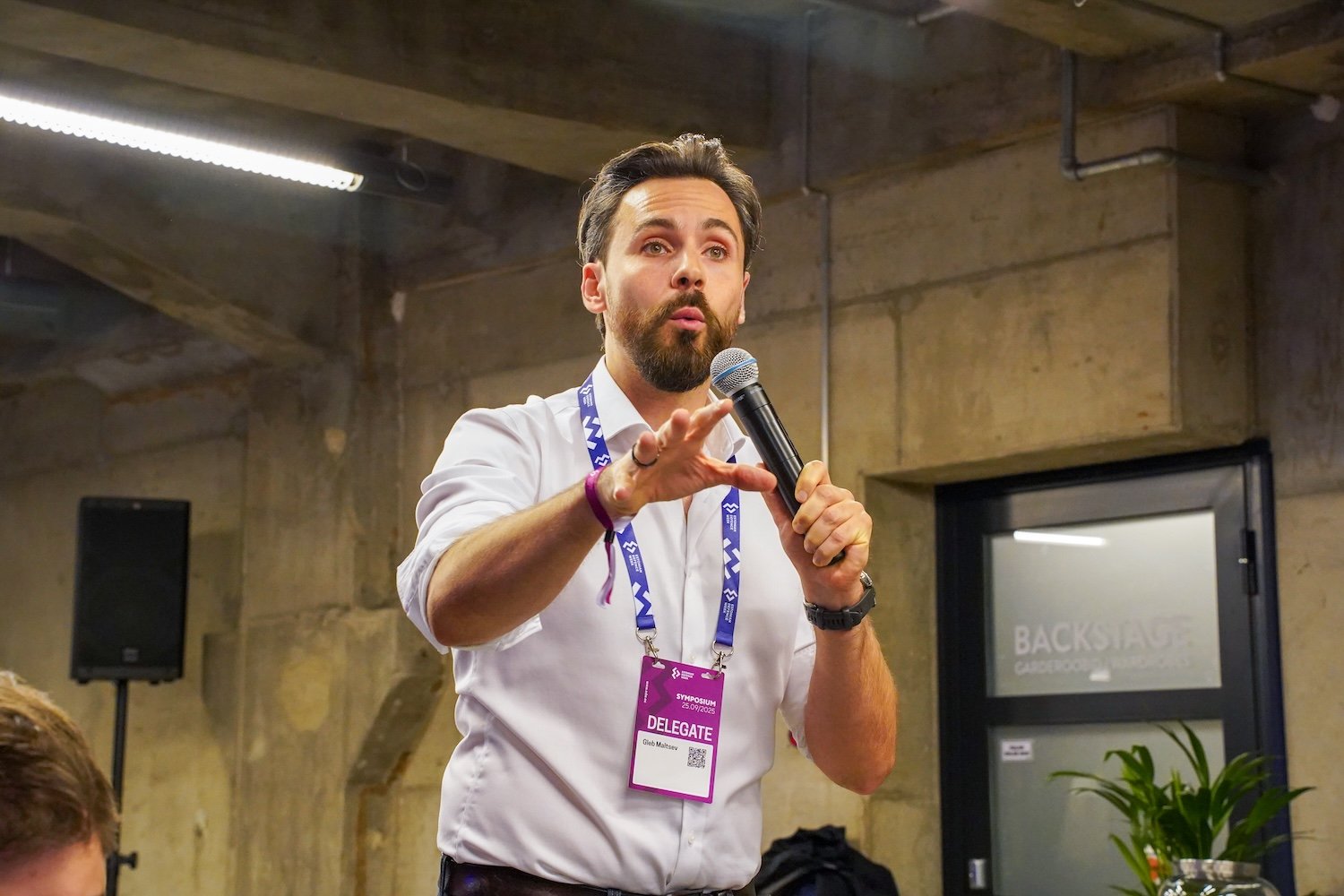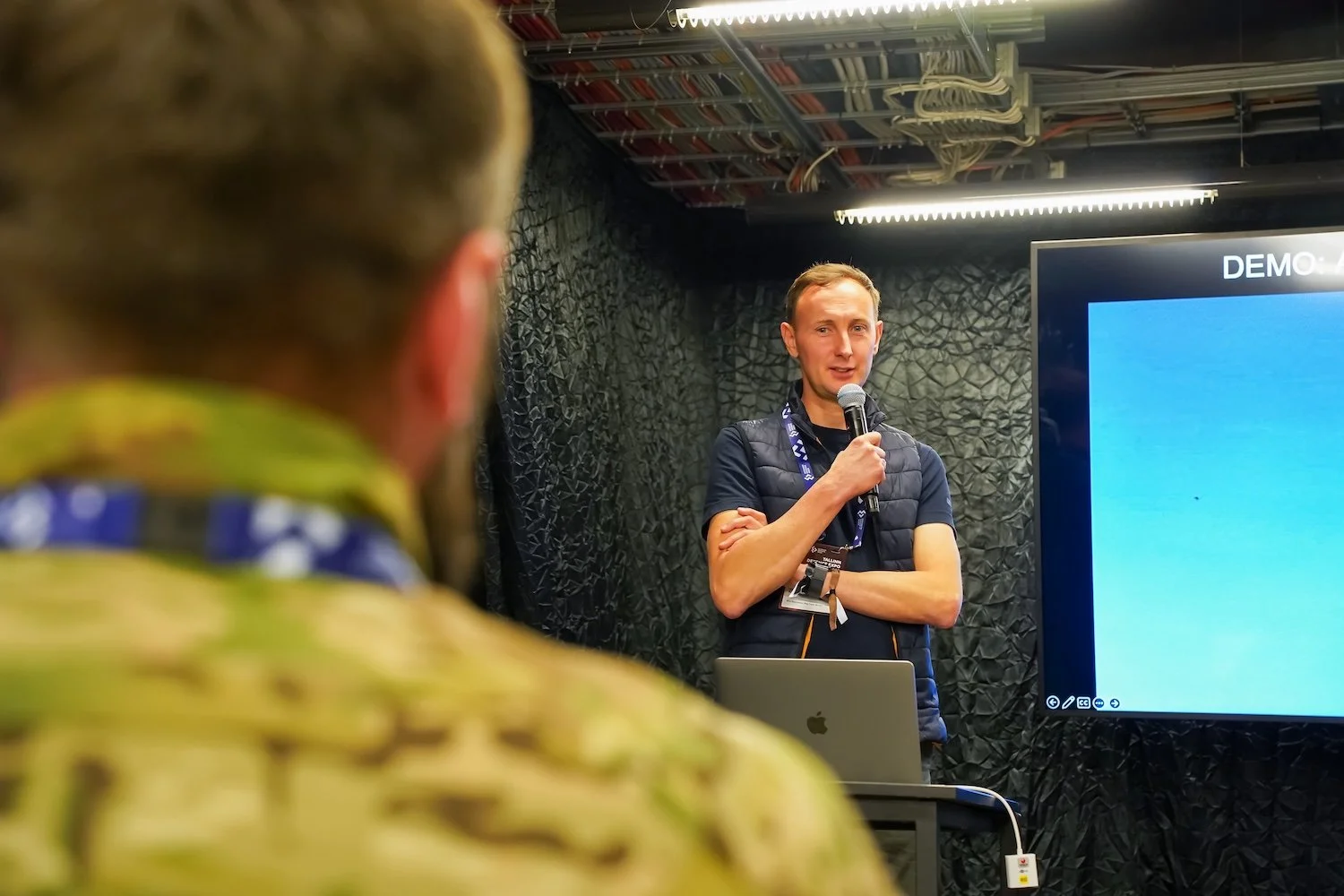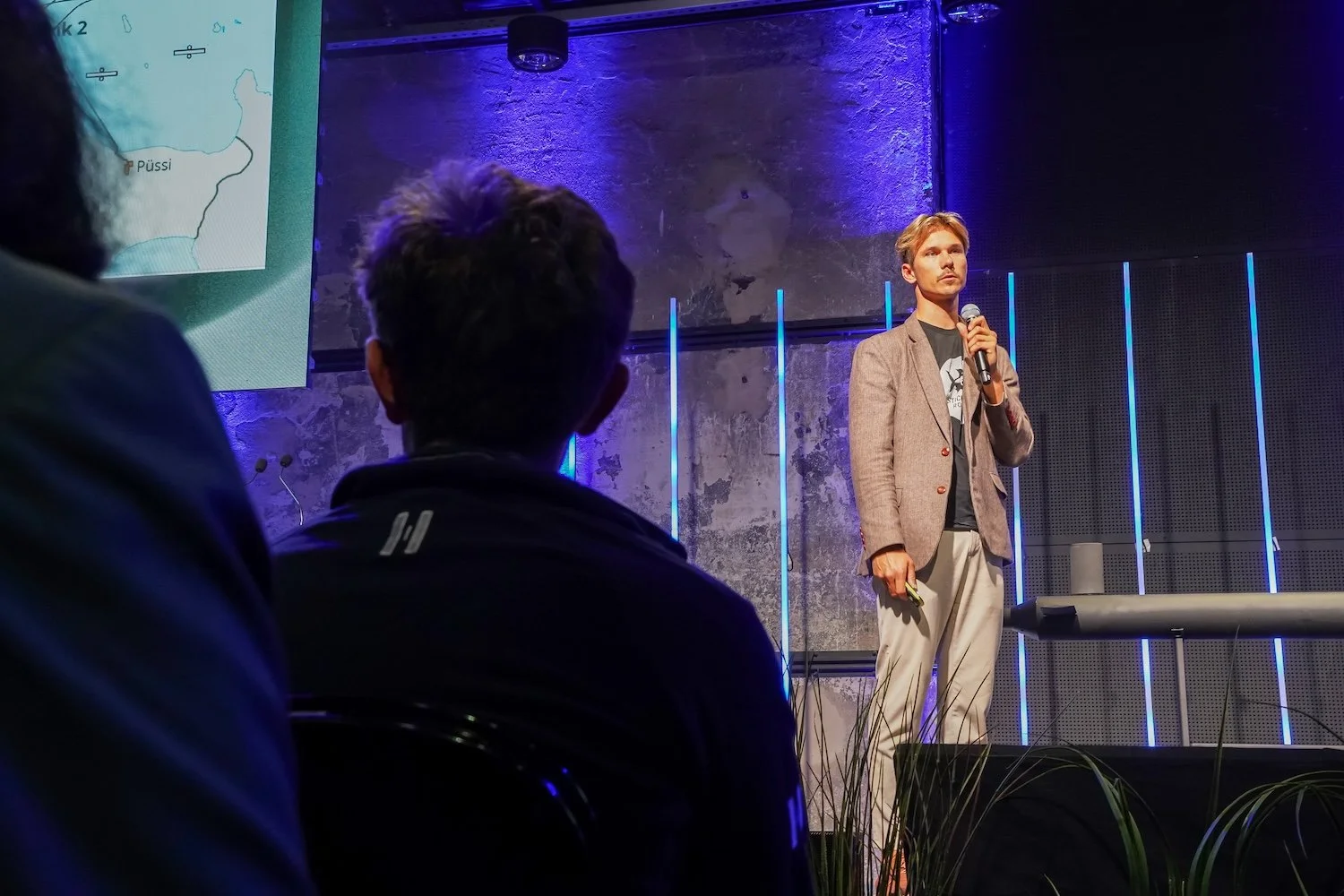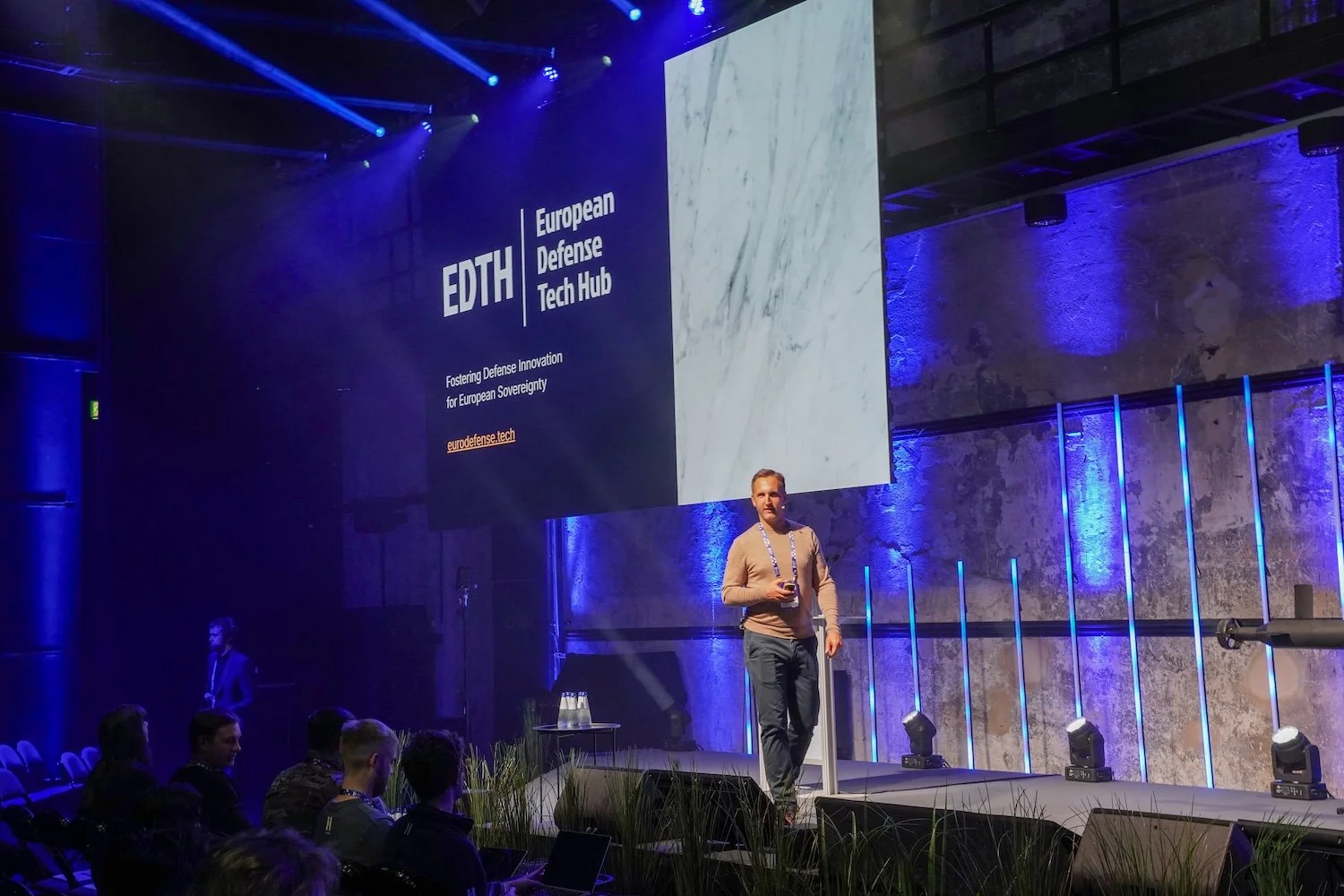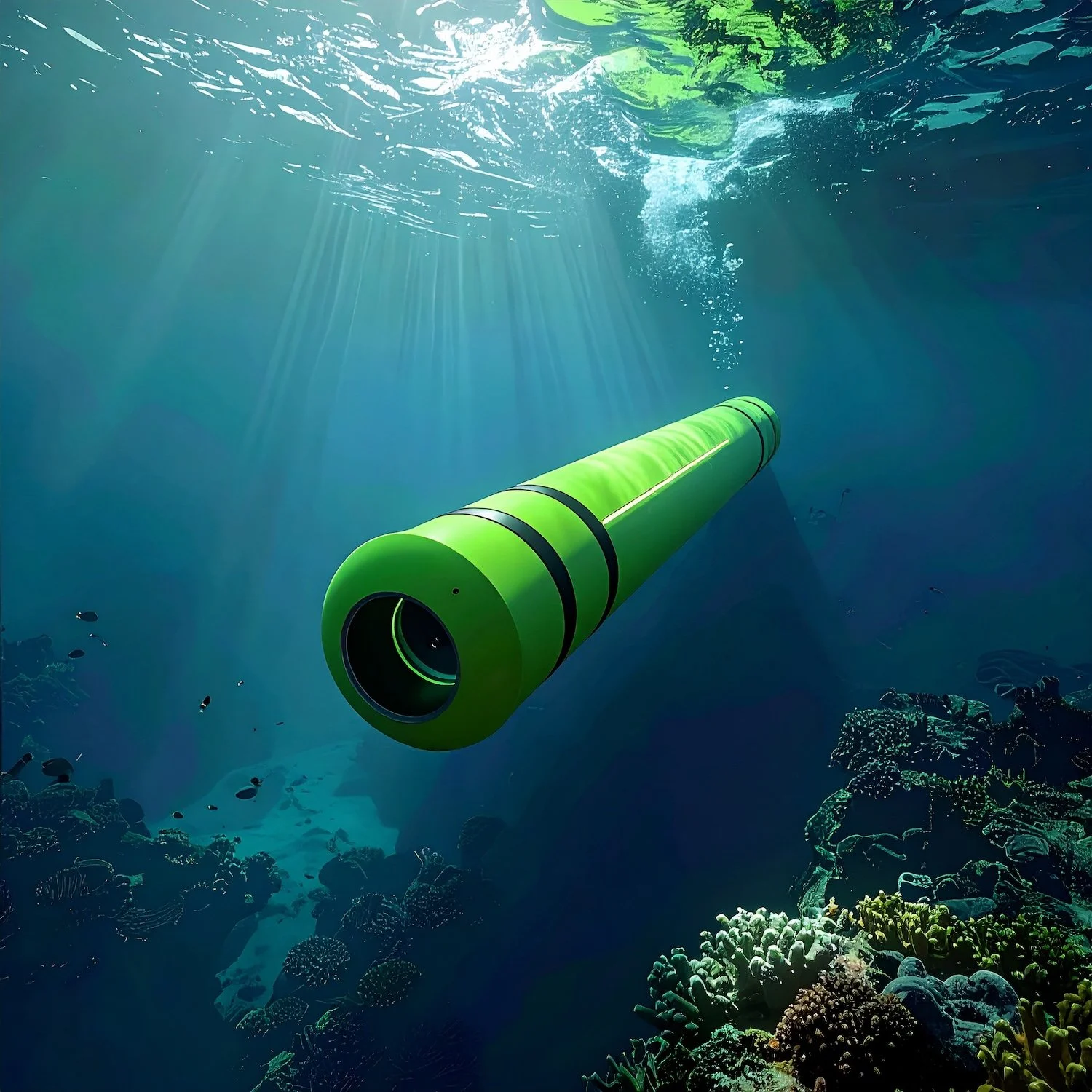European Defense Tech Hub (EDTH) Hackathon, Tallinn, September 2025
The Defence Hack Day run by the team at European Defense Tech Hub (EDTH), staged as part of Estonian Defence Week and the wider Defence Expo, carried the weight of something larger than a single-day event.
Held in the Creative Hub, the atmosphere from the morning briefing was charged with purpose. Participants were challenged to address pressing problems drawn directly from current conflicts: countering hostile drones, accelerating demining operations, and securing communications under contested conditions.
© Images by Hiatus.Digital
The event brought together a diverse cross-section of talent. Young Estonian software developers worked side by side with Ukrainian officers recently returned from active duty. Industry mentors from Helsing and C2Grid provided technical expertise, while the Snake Island Institute and DroneAid Collective grounded discussions in operational experience. This mix of perspectives created an environment where ideas could be both imaginative and immediately relevant.
Through the day, the venue transformed into a hive of focused collaboration. Drone components and laptops covered the tables, while sketches and flowcharts lined the walls. One team tackled modular sensor platforms designed for rapid deployment in rough terrain to aid demining, another explored lightweight AI systems for detecting enemy drones, and a third group sketched out a decentralised communications network intended to remain resilient in hostile environments. Despite the short timeframe, each group pushed hard to turn concepts into tangible prototypes.
By the late afternoon, attention shifted to the pitch competition. Teams had only minutes to present their solutions to a panel that prioritised practicality over polish. The judges, including Ukrainian mentors, pressed participants to justify how their innovations would hold up in battlefield conditions. Concepts that might be labelled “futuristic” elsewhere were tested against the realities of combat, with feasibility and adaptability as the ultimate benchmarks.
As the hackathon drew to a close, the focus was less on declaring winners and more on the impact of what had been produced. Applause marked the end of the formal programme, but the deeper result was a set of early-stage solutions with potential to evolve into meaningful defence technologies. For one day, Tallinn became a focal point for European defence innovation, blending creativity, urgency, and collaboration into a concentrated burst of problem-solving.
You Might Also Like Our ‘Future Frontiers’ podcast:

